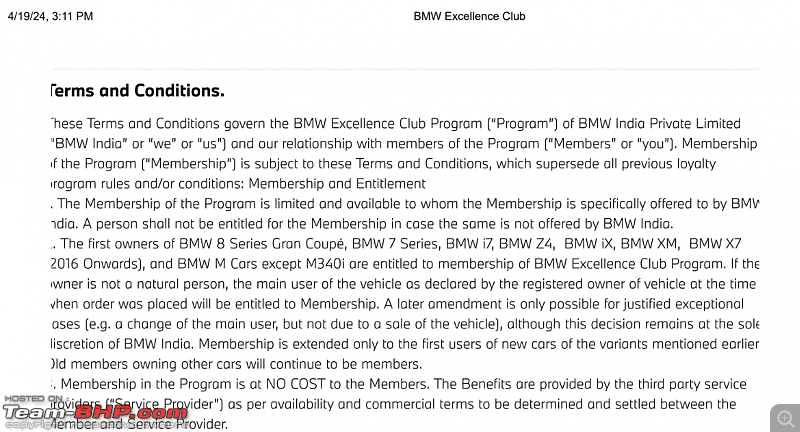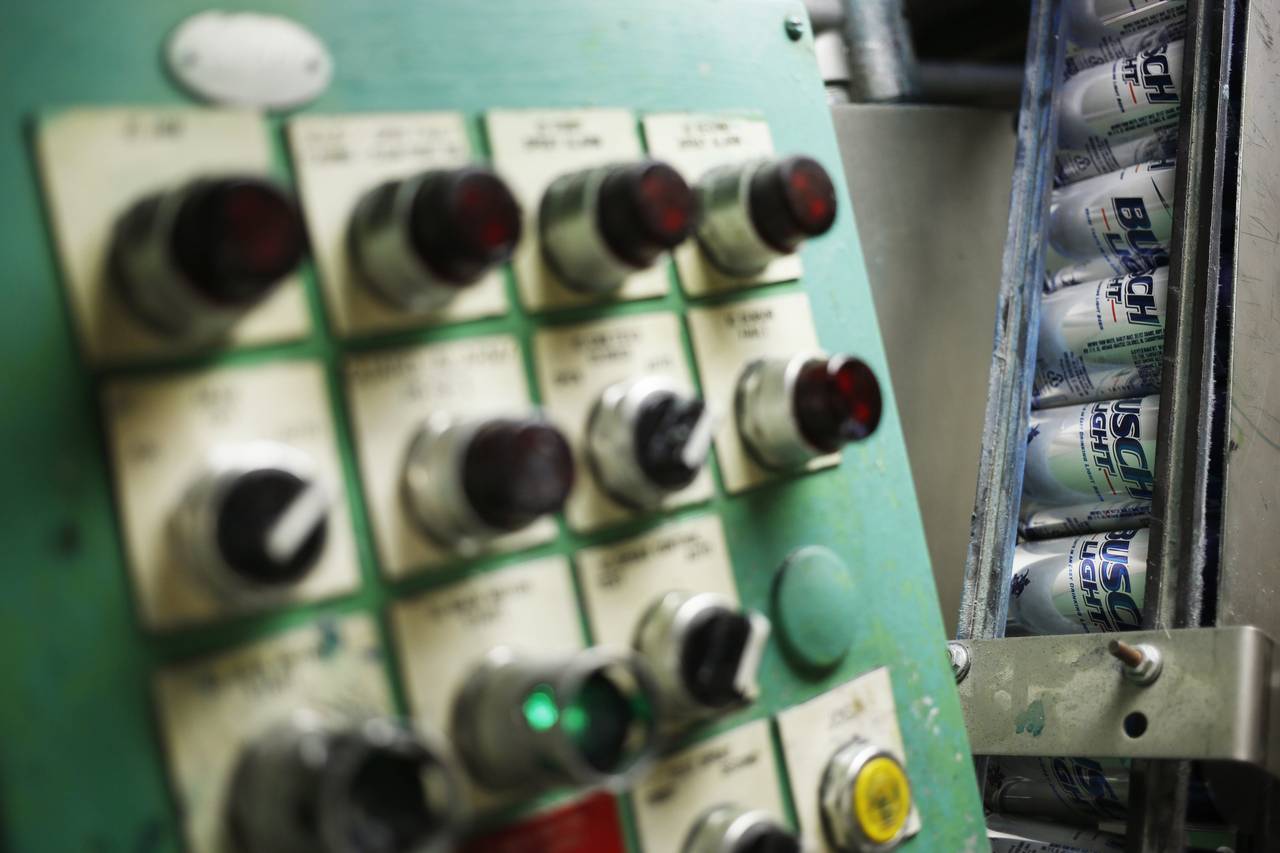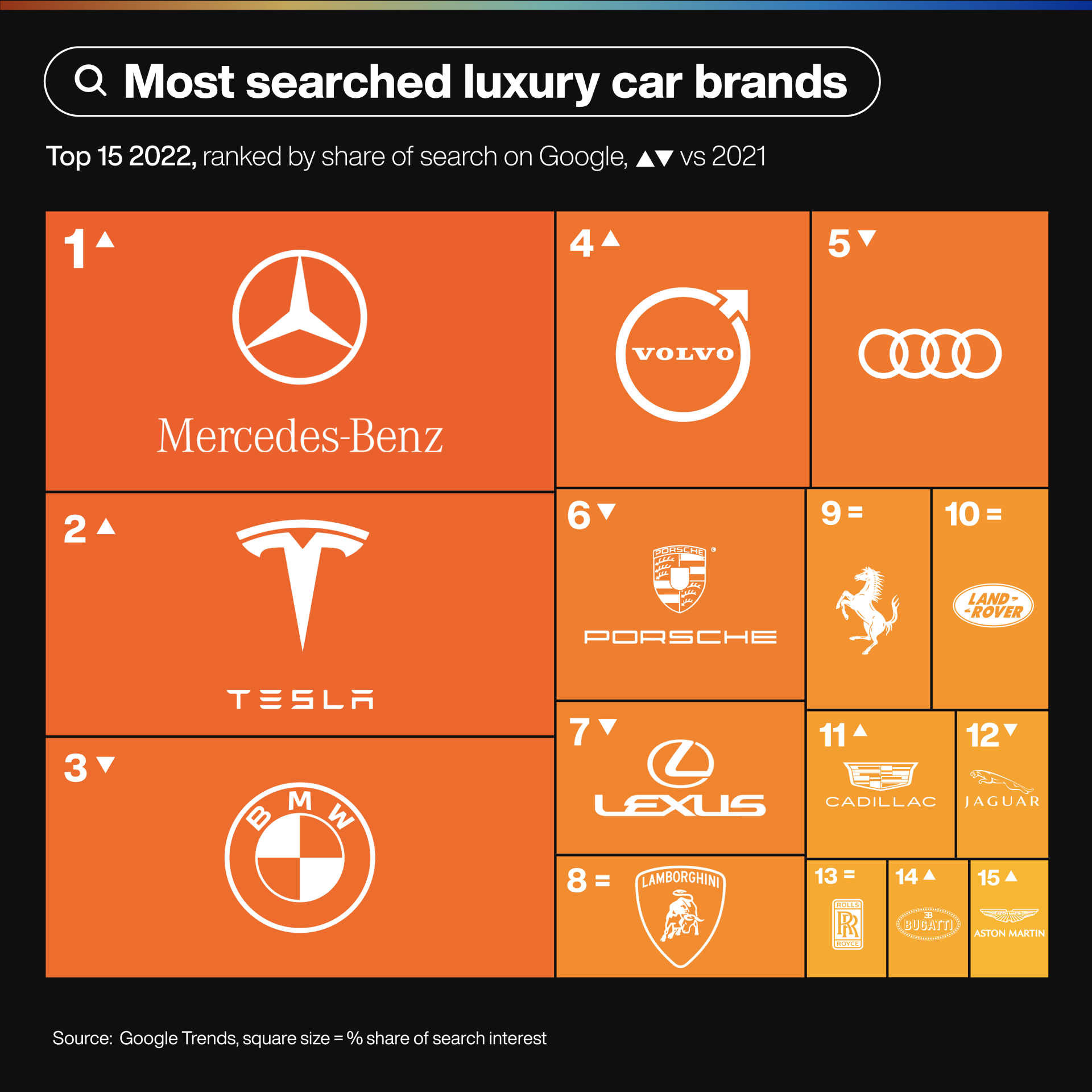The Ongoing Battle: Car Dealerships Resist EV Mandate Push

Table of Contents
Financial Hurdles for Dealerships in the EV Transition
The shift to an electric vehicle-centric market presents significant financial obstacles for car dealerships. Adapting to this new landscape requires substantial investment and carries the risk of reduced profitability.
High Initial Investment Costs
The transition to servicing and selling EVs demands considerable upfront investment. Dealerships face multiple expenses:
- Specialized Technician Training: Training technicians to diagnose and repair EV batteries, electric motors, and other specialized components is costly and time-consuming. This necessitates investment in advanced training programs and specialized tools.
- Facility Upgrades: Handling high-voltage systems requires significant upgrades to dealership facilities, including safety equipment and specialized charging infrastructure. This can involve substantial renovations and investments in new equipment.
- Inventory Management Complexity: Managing EV inventory presents unique challenges. Dealerships need to adapt their inventory management systems to account for the varying types of EV batteries, charging technologies, and associated infrastructure needs. This adds to operational complexities and potentially increases storage costs.
Reduced Profit Margins on EV Sales
Electric vehicles often present lower profit margins compared to their gasoline-powered counterparts. Several factors contribute to this:
- Simplified Mechanics: EVs have fewer moving parts than internal combustion engine (ICE) vehicles, resulting in less frequent and less expensive maintenance. This directly impacts the potential revenue stream from service and repair.
- Intense Competition: The EV market is increasingly competitive, with established automakers and new entrants vying for market share. This intense competition puts pressure on pricing, squeezing profit margins.
- Higher Initial Cost (Consumer Perspective): While some incentives exist, the initial purchase price of an EV is often higher than comparable gasoline cars, potentially affecting consumer demand and impacting sales volume for dealerships.
Infrastructure Challenges and Consumer Concerns
Beyond the financial hurdles, dealerships also face significant challenges related to infrastructure and consumer acceptance of EVs.
Lack of Charging Infrastructure
The limited availability of reliable public charging stations remains a major barrier to widespread EV adoption, and consequently, impacts dealership success.
- Range Anxiety: Range anxiety, the fear of running out of battery charge before reaching a charging station, is a significant deterrent for potential EV buyers. Dealerships need to address this concern.
- Charging Station Reliability: The inconsistency and reliability of existing charging stations is a major obstacle. Inconsistent charging speeds and malfunctioning stations contribute to consumer apprehension.
- Uneven Geographic Distribution: The uneven distribution of charging stations across different regions exacerbates the problem. Rural areas and less densely populated regions often lack adequate charging infrastructure.
Consumer Resistance to Change
Many consumers remain hesitant to embrace electric vehicles due to various concerns.
- Charging Time and Range: Concerns about longer charging times compared to refueling gasoline vehicles, and anxieties about limited range, persist.
- Higher Upfront Cost: The higher initial purchase price, even with government incentives, deters some potential buyers.
- Lack of Familiarity: A lack of familiarity with EV technology, maintenance, and charging procedures also contributes to consumer hesitancy.
Dealer Pushback and Lobbying Efforts
Faced with these challenges, many dealerships are actively resisting aggressive EV mandates and engaging in lobbying efforts.
Arguments Against Mandates
Dealerships argue that the current push for rapid EV adoption is premature and disruptive to the industry. Their arguments include:
- Inadequate Infrastructure: They contend that the current charging infrastructure is insufficient to support mass EV adoption.
- Job Losses in ICE Sector: They highlight the potential for job losses in the internal combustion engine (ICE) vehicle sector due to a rapid transition.
- Gradual Transition Preferred: They advocate for a more gradual, market-driven transition to electric vehicles, allowing for a smoother adaptation.
Lobbying and Political Influence
Dealerships are leveraging their political influence to shape EV policies:
- Advocating for Flexible Regulations: They lobby for more flexible regulations that allow for a more gradual transition.
- Seeking Government Support: They emphasize the need for government support to help dealerships adapt to the EV transition, including financial assistance and infrastructure investment.
- Promoting Consumer Incentives: They advocate for stronger consumer incentives, such as tax credits and rebates, to stimulate EV demand.
Conclusion
The push for widespread EV adoption is creating a significant struggle between policymakers and car dealerships. Dealerships face considerable financial hurdles and infrastructural challenges in adapting to the EV mandate push. Their concerns about profit margins, consumer hesitancy, and inadequate charging infrastructure are valid and require careful consideration. While the transition to electric vehicles is crucial for environmental sustainability, a balanced approach that acknowledges the challenges faced by dealerships and addresses consumer concerns is essential. A collaborative effort between governments, manufacturers, and dealerships is needed to ensure a smooth and successful transition to a future dominated by EVs. To keep abreast of the latest developments in this ongoing battle surrounding the EV mandate, continue to follow news and analysis in the automotive sector.

Featured Posts
-
 The Implications Of Trumps 100 Tariff On International Movie Production
May 07, 2025
The Implications Of Trumps 100 Tariff On International Movie Production
May 07, 2025 -
 Mkhttat Alkhtwt Almlkyt Almghrbyt Lzyadt Edd Rhlat Saw Bawlw Aldar Albydae
May 07, 2025
Mkhttat Alkhtwt Almlkyt Almghrbyt Lzyadt Edd Rhlat Saw Bawlw Aldar Albydae
May 07, 2025 -
 The Evolving Landscape Analyzing The China Markets Impact On Luxury Car Brands
May 07, 2025
The Evolving Landscape Analyzing The China Markets Impact On Luxury Car Brands
May 07, 2025 -
 The Karate Kid Exploring The Films Enduring Impact
May 07, 2025
The Karate Kid Exploring The Films Enduring Impact
May 07, 2025 -
 Klubo Rekordas Pakartotas Nba Lyderiu Istorinis Zaidimas
May 07, 2025
Klubo Rekordas Pakartotas Nba Lyderiu Istorinis Zaidimas
May 07, 2025
Latest Posts
-
 Les Corneilles Un Don Geometrique Surprenant
May 08, 2025
Les Corneilles Un Don Geometrique Surprenant
May 08, 2025 -
 Saturday Night Lives Impact On Counting Crows Career
May 08, 2025
Saturday Night Lives Impact On Counting Crows Career
May 08, 2025 -
 Counting Crows Snl Performance A Turning Point In Their Career
May 08, 2025
Counting Crows Snl Performance A Turning Point In Their Career
May 08, 2025 -
 Counting Crows The Saturday Night Live Effect
May 08, 2025
Counting Crows The Saturday Night Live Effect
May 08, 2025 -
 Saturday Night Live And Counting Crows A Career Defining Moment
May 08, 2025
Saturday Night Live And Counting Crows A Career Defining Moment
May 08, 2025
